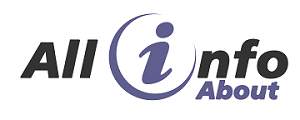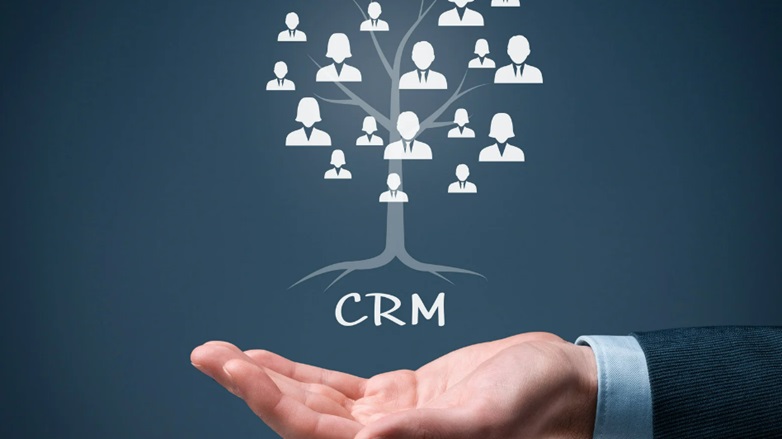Customer Relationship Management (CRM) is a tool that has been widely used in various industries to manage and analyze customer interactions, with the goal of improving overall customer satisfaction. The healthcare industry is no exception, as CRM has been adopted to revolutionize patient engagement and improve the quality of care provided. In this article, we will explore how CRM is transforming patient engagement in healthcare.
1. Personalized Communication
One of the key ways CRM in healthcare industry is changing patient engagement is through personalized communication. With the help of data analysis and segmentation, healthcare providers can understand their patients better and tailor their communication accordingly. This allows for more effective and meaningful interactions with patients, leading to improved patient satisfaction and loyalty.
Moreover, CRM enables healthcare organizations to communicate with patients through various channels such as email, text messages, social media, or even mobile apps. This ensures that patients are reached through their preferred method of communication, making it easier for them to stay engaged with their healthcare providers.
2. Improved Patient Education
One of the key benefits a CRM in the healthcare industry can provide is improved patient education. This is achieved through targeted and personalized communication, as well as the use of patient portals or mobile apps to provide patients with educational resources. By utilizing CRM, healthcare providers can track a patient’s health history and tailor educational materials based on their specific needs.
In addition, CRM also allows for tracking of patient engagement with educational resources, providing insight into what information is most effective for each individual patient. This helps healthcare organizations continuously improve their education strategies and ensure that patients are well-informed about their conditions and treatments.
3. Streamlined Appointment Management
With the implementation of CRM in healthcare, appointment management has become more efficient and convenient for both patients and providers. Through online scheduling systems integrated with CRM software, patients can easily book appointments at their preferred time slots without having to wait on hold or navigate through complex phone systems.
CRM also enables healthcare providers to send appointment reminders and follow-up messages, reducing the number of missed appointments and improving patient engagement. This not only saves time for both parties but also improves the overall patient experience.
4. Enhanced Patient Satisfaction
Patient satisfaction is a crucial role of CRM in healthcare, as satisfied patients are more likely to be loyal and continue seeking care from the same healthcare provider. By utilizing CRM, healthcare organizations can gather feedback from patients and use it to make improvements in their services.
Through surveys and tracking of patient interactions, CRM provides valuable insights into patient satisfaction levels, allowing healthcare providers to identify areas for improvement and address any issues promptly. This leads to increased patient satisfaction and ultimately improves overall patient engagement.
5. Increased Patient Retention
Another significant impact of CRM in healthcare is the increased patient retention rate. By utilizing personalized communication, targeted education, efficient appointment management, and improving overall patient satisfaction, healthcare providers can build stronger relationships with their patients.
Stronger relationships lead to increased trust and loyalty from patients, making them more likely to continue seeking care from the same provider. This not only benefits the healthcare organization but also results in better health outcomes for the patients as they receive consistent and quality care from a familiar source.
The Bottom Line
CRM has brought about significant changes in patient engagement within the healthcare industry. From personalized communication to improved education and streamlined appointment management, CRM has proven to be a valuable tool in enhancing overall patient satisfaction and retention rates. As technology continues to advance, we can expect to see further innovations in CRM that will continue to revolutionize patient engagement in healthcare. So, it is clear that the use of CRM has been a game-changer for the healthcare industry and will continue to shape the future of patient engagement.



